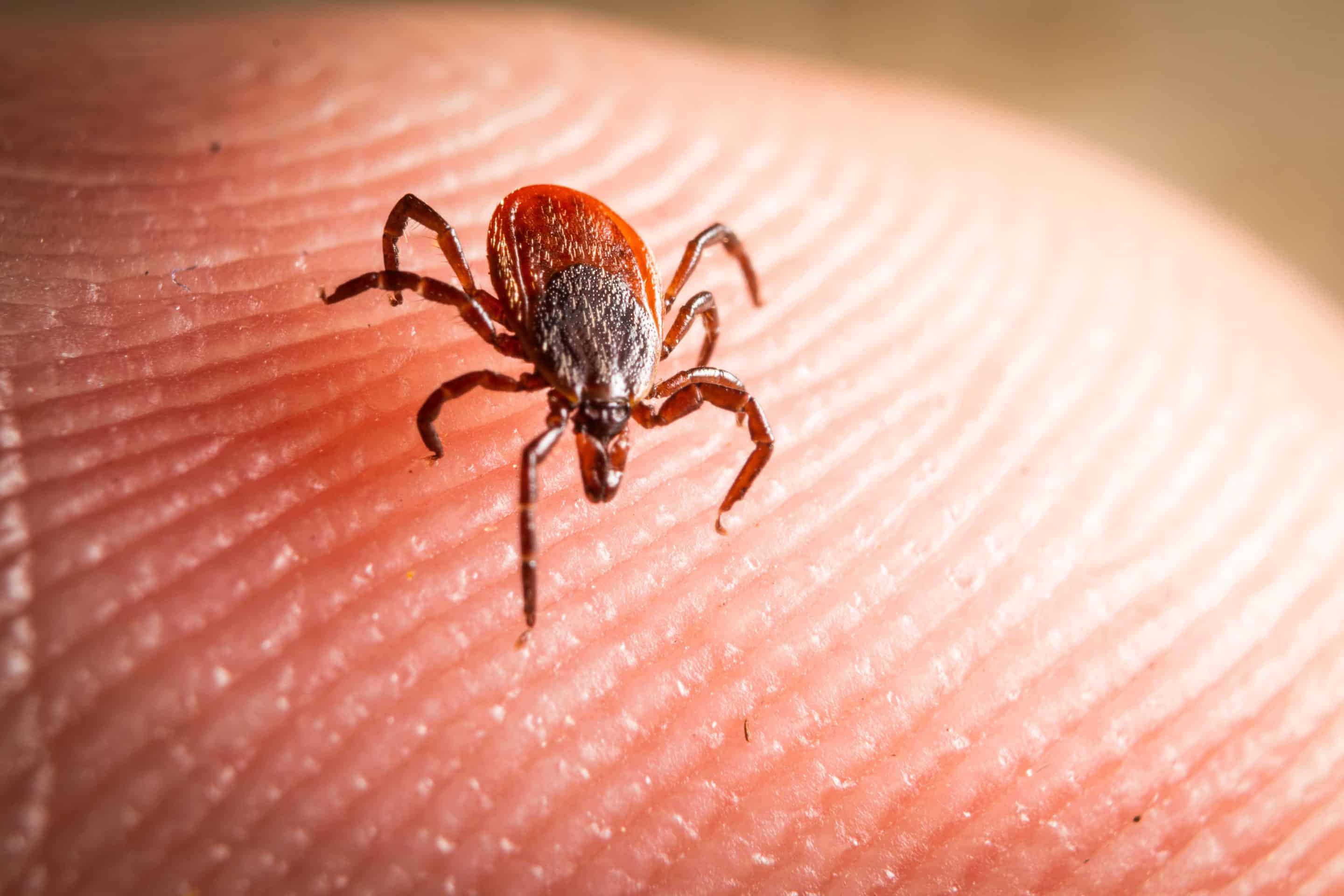Understanding the differences between tick bites and spider bites can help you respond quickly and effectively. Both ticks and spiders are common arachnids, but their bites have distinctive characteristics and risks. Knowing how to identify, treat, and prevent these bites is particularly important in regions like Arizona, where certain species pose specific health concerns.
Identifying Tick Bites
Ticks are small parasites found commonly in grassy, wooded, or brushy areas. Unlike spiders, ticks remain attached to their host for several hours or days, increasing the risk of disease transmission.
Common Signs and Symptoms:
- A small, red bump similar to a mosquito bite.
- Visible tick attached to the skin.
- Mild itching or irritation.
- Possible delayed symptoms such as fever, fatigue, or muscle pain, especially if the tick transmits diseases like Lyme disease
Identifying Spider Bites
Spider bites usually happen when spiders feel threatened or trapped. Unlike ticks, spiders bite quickly and do not remain attached to the skin afterward.
Common Signs and Symptoms:
- Immediate pain, redness, and swelling at the bite site.
- Mild to severe itching or burning.
- Severe cases can include symptoms like muscle cramps, fever, chills, or nausea.
In Arizona, be particularly cautious about bites from spiders like the Black Widow or Arizona Recluse, both known for potentially serious medical complications.
Treatment and First Aid
Tick Bite Treatment:
- Removal: Use fine-tipped tweezers to grasp the tick close to skin and pull steadily upward.
- Disposal: Submerge the tick in alcohol, then clean bite site thoroughly.
- Aftercare: Watch for signs of illness, such as fever or rash, over the following days or weeks.
The CDC has also created an interactive tool, The Tick Bite Bot, to assist individual in removing attached ticks and determining when to seek health care.
Spider Bite Treatment:
- Clean bite area immediately.
- Apply a cold compress and elevate the area.
- Use over-the-counter medication to relieve pain or swelling.
- Seek medical help immediately if severe symptoms develop or if a venomous spider is suspected.
Prevention Strategies
Tick Prevention:
- Keep Your Yard Tidy: Regularly mow your lawn, trim back overgrown vines, and maintain fences to reduce habitats attractive to ticks and their carriers.
- Plant Natural Repellents: Incorporate tick-deterring plants into your landscape, such as citronella, eucalyptus, geraniums, or thyme, to naturally discourage tick presence around your property.
- Check Pet-Friendly Areas: If your pets have preferred outdoor areas, inspect these spots regularly to keep them tick-free. Additionally, thoroughly check your pets for ticks each time they return indoors from these areas.
For more information, see this article from the CDC on preventing tick bites. If you are experiencing a tick infestation, it may be difficult to locate and eliminate without a skilled exterminator like those at Urban Desert Pest Control.
Spider Prevention:
- Seal Your Home: Regularly check your home for cracks, gaps, or openings around walls, windows, and doors. Repair damaged screens, install weather stripping, and seal entry points to keep spiders outside.
- Maintain Cleanliness: Consistently clean and declutter your living spaces to reduce spider hiding areas. Pay special attention to basements, garages, and storage spaces.
- Routine Vacuuming: Frequent vacuuming can effectively remove spider webs, spiders, and egg sacs. Focus on corners, beneath furniture, and less frequently cleaned areas.
- Keep the Exterior Clear: Maintain your yard by trimming vegetation away from your home’s exterior. Removing nearby plants, leaves, woodpiles, and debris can greatly reduce spider attraction.
- Expert Pest Management: If you're experiencing persistent spider issues, reach out to Urban Desert Pest Control. Our professional technicians will evaluate your home, apply targeted treatments, and offer personalized advice to prevent future infestations.
When to Seek Medical Help
Promptly seek medical attention if you experience severe headaches, fever, or rash following a tick bite. You should also seek medical attention if spider bites cause severe pain, muscle cramps, difficulty breathing, or rapidly spreading redness.
Staying Safe from Ticks and Spiders
Understanding the clear differences between tick and spider bites is vital for effective identification, treatment, and prevention. Residents of Arizona and similar climates should remain particularly vigilant. Always seek medical advice when uncertain to ensure proper care and peace of mind.












